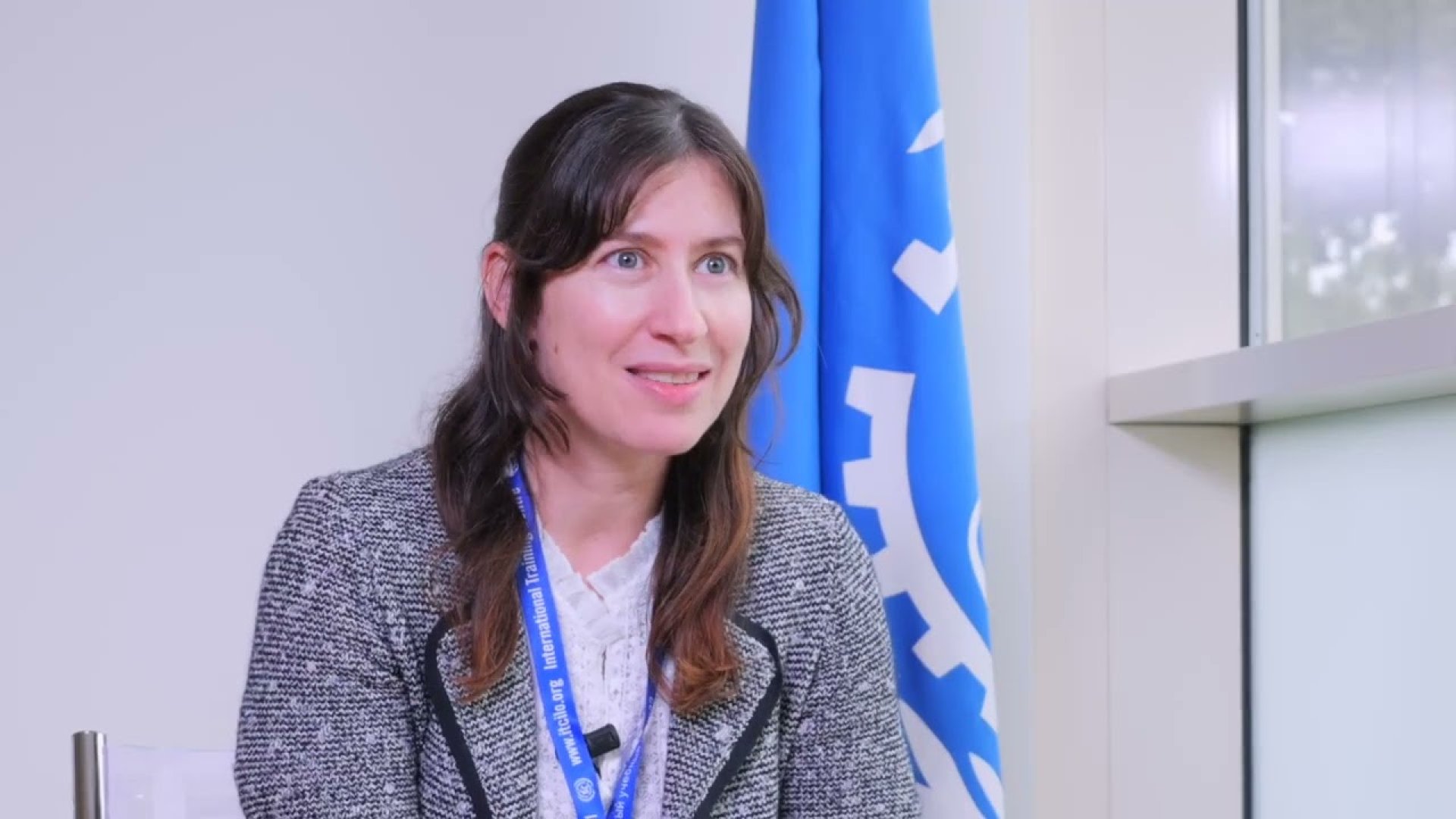Gender equality, responsible business conduct and human rights due diligence

Photo © Agnese Pallaro, 2022
Gender equality, responsible business conduct and human rights due diligence
3–7 Noviembre 2025
El curso está disponible en English
Promoting gender equality and women’s economic empowerment (WEE) is central to the 2030 Agenda for Sustainable Development and is key to foster decent work and sustainable, inclusive and equitable economic growth. Women are key drivers of innovation growth and jobs, and the private sector plays a crucial role in enabling the full, productive and equitable participation of women in the world of work.
Progress and gains in gender equality and WEE realized over the last decades encountered a serious set-back because of the COVID-19 pandemic as women have been disproportionally affected in terms of job and income losses during the pandemic.
Against this backdrop, today, more than ever, realizing transformational change to advance gender equality and WEE will require a catalyst role for the private sector and effective partnerships between government, employers and workers.
Responsible Business Conduct (RBC) and human rights due diligence (HRDD), as part of the wider Business and Human Rights agenda, provide a strong reference framework to address various gender equality gaps in the world of work and advance decent work opportunities for women and their economic empowerment.
Presentación del curso
This training course supports practitioners responsible for or with a demonstrated strong interest in policies and programmes related to responsible business conduct, human rights due diligence, gender equality and women's economic empowerment. Through a series of lectures, participatory exercises, and self-guided eLearning modules, participants will explore international guidance and frameworks in support of gender equality, learn from good practices, and explore practical tools and approaches to advance gender equality and WEE through responsible business conduct and human rights due diligence.
¿Quiénes participan en este curso?
"This course is designed for: Representatives of government, employers' and workers' organizations responsible for or with a demonstrated strong interest in policies related to responsible business conduct and gender equality. Enterprises, both SMEs and large MNEs. CSR, RBC, business and human rights and/or sustainability professionals. Gender, diversity and inclusion specialists."
What will I learn?
Participants will get a deeper understanding and a chance to interact with peers and specialists from ILO and other international organizations on:
- How normative instruments and initiatives on different levels aim to advance gender equality and WEE and how can they guide business operations. These include international labour standards and international frameworks such as the ILO MNE Declaration, the UN Guiding Principles on Business and Human Rights, and the Women Empowerment Principles.
- What actions different stakeholders can take to create an enabling environment through regulatory frameworks and policies for gender equality in the world of work.
- Best practices in human rights due diligence by companies from different geographical, sectoral, and operational contexts.
- How responsible business conduct can advance gender equality and which practical tools and approaches can support enterprises in fostering work-life balance, pay equity, women’s leadership, and preventing and eliminating violence and harassment in the workplace among others.
- How to best support women in business and management as well as promote women’s entrepreneurship, including through financial inclusion and gender responsive procurement in the private and public sectors.
What will I be able to do?
By the end of the training, participants will be able to:
- Understand the normative frameworks and international guidance to support gender equality and WEE.
- Analyse international corporate social responsibility instruments and frameworks through the lens of the international labour standards.
- Recognize different yet complementary roles of governments, employers’ and workers’ organizations as well as enterprises in creating more inclusive and equitable workplaces where both women and men can thrive at all levels.
- Advise on policies, strategies, and actions to promote gender equality, and WEE.
- Identify how and in which ways responsible business practices, including through human rights due diligence, can accelerate the progress of closing gender gaps in the workplace and support women’s entrepreneurship.
Participants on face-to-face course in ITCILO Turin Centre



